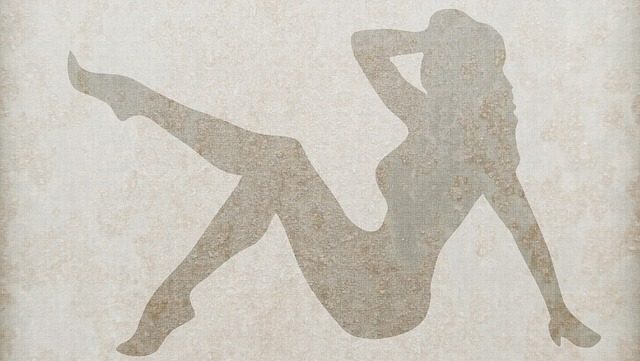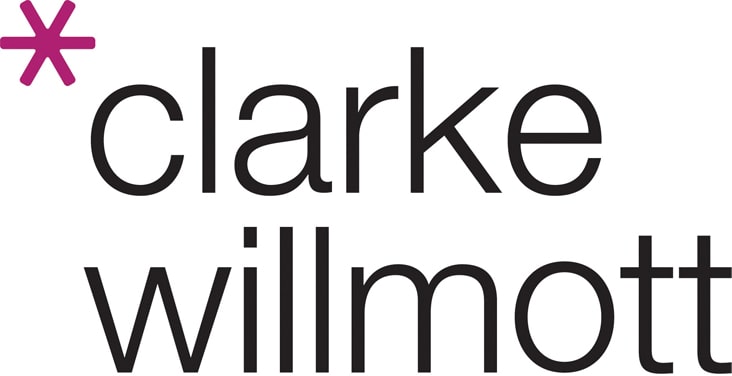A recent copyright case involving the character of Tintin is an important win for artists and freedom of expression, according to intellectual property lawyers at national law firm Clarke Willmott LLP.
French artist Xavier Marabout recently won the copyright infringement case brought against him by the company Moulinsart, which manages the commercialisation of the Tintin business for creator Herge’s heirs.
The case arose due to the fact that Marabout had created artworks which placed the character Tintin into the American artist, Edward Hopper’s, paintings (such as “Nighthawks”) with pin-up female characters.
Moulinsart stated that the works were “nothing to do with humour” and took advantage of the Tintin character’s reputation by including him in an “erotic universe”. Marabout’s lawyers argued that the works created were parodies and meant to be humorous. Moulinsart contacted galleries showcasing Marabout’s works claiming these infringed the rights in the Tintin character.
The court in Rennes agreed with Marabout that his works were covered by the parody exception to copyright infringement. He was awarded damages and costs while Moulinsart has the option to appeal the ruling.
 Andrew Stone, partner and intellectual property specialist at Clarke Willmott, said: “This is an important ruling because of the necessity on freedom of speech grounds to strike a balance between protecting intellectual property rights and allowing a wide range of comment and innovation.
Andrew Stone, partner and intellectual property specialist at Clarke Willmott, said: “This is an important ruling because of the necessity on freedom of speech grounds to strike a balance between protecting intellectual property rights and allowing a wide range of comment and innovation.
“Part of the solution to maintaining this balance is to allow pastiche, caricatures and parody to be included in artistic works which may “cock a snook” at well-known works or which may use well-known works to critique social attitudes or political issues of the day, and that this should be covered by a “fair use” exemption to copyright infringement.
“This is especially in light of the numerous memes found on social media and the outpouring of creative effort generally in the online space; works build on each other and copyright law should be flexible enough to permit this. Decisions such as that found in this case enable people to critique the underlying work or artist without infringing their intellectual property rights.”
Clarke Willmott is a national law firm with offices in Birmingham, Bristol, Cardiff, London, Manchester, Southampton and Taunton.











